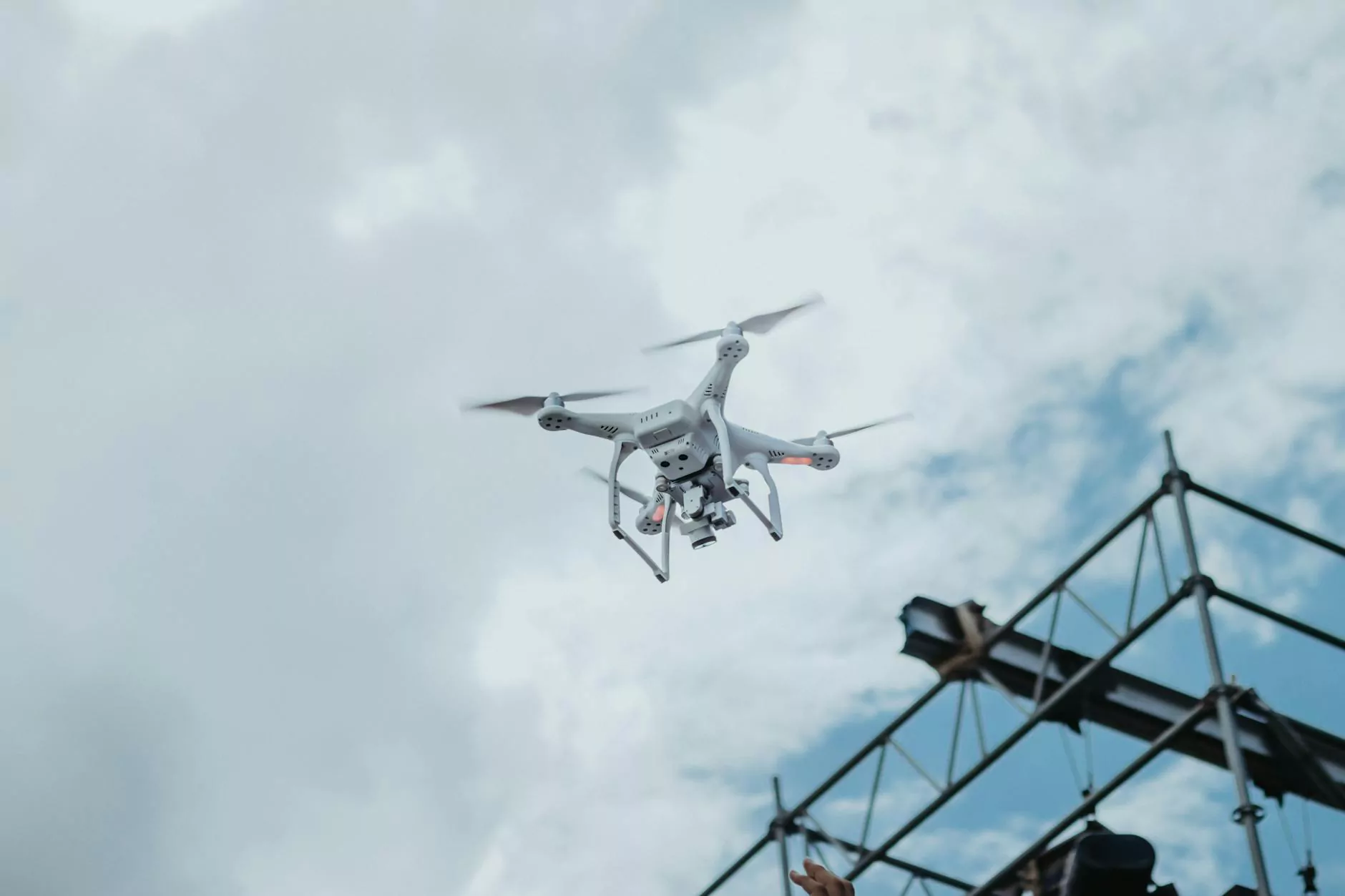Understanding Rhinoplasty Cost: Comprehensive Guide

What is Rhinoplasty?
Rhinoplasty, commonly referred to as a nose job, is a surgical procedure that alters the shape and size of the nose. This procedure can be performed for either aesthetic or medical reasons, and it is one of the most popular forms of cosmetic surgery worldwide.
Whether it's to enhance your facial harmony, correct breathing issues, or repair injuries, understanding the rhinoplasty cost is essential for those considering this transformative procedure.
Factors That Influence Rhinoplasty Cost
When determining the rhinoplasty cost, there are several critical factors to consider:
- Geographic Location: The cost of rhinoplasty can vary significantly based on where the surgery is performed. Urban centers typically have higher fees compared to rural areas.
- Surgeon's Experience: A board-certified surgeon with extensive experience may charge more. However, their skill can lead to better outcomes, making it a worthwhile investment.
- Complexity of the Procedure: If your rhinoplasty is more complex due to the need for structural repairs or extensive reshaping, expect higher costs.
- Anesthesia and Facility Fees: The type of anesthesia used and the facility's operational costs add to the overall rhinoplasty cost. These can vary widely based on location and complexity.
- Post-operative Care: Follow-up care is crucial to a successful rhinoplasty. The costs associated with postoperative visits and any required medications can influence the total expense.
Average Rhinoplasty Cost
On average, the rhinoplasty cost ranges between $5,000 to $15,000 in the United States. However, it is crucial to note that this figure can vary.
Here's a breakdown of what you might expect:
- Consultation Fees: $100 - $500
- Surgeon's Fee: $3,000 - $10,000
- Anesthesia Fee: $600 - $1,200
- Facility Fee: $700 - $2,000
- Post-operative Care: $150 - $500
While these averages provide a general idea, it is essential to consult with your surgeon for a personalized quote based on your specific needs.
Benefits of Rhinoplasty
Choosing to undergo rhinoplasty can lead to a multitude of benefits, including:
- Aesthetic Improvement: The most apparent benefit for many patients is the enhancement of the nose's appearance, leading to greater facial symmetry.
- Improved Breathing: For those with structural issues such as a deviated septum, rhinoplasty can significantly improve airflow, relieving breathing difficulties.
- Boost in Self-Esteem: Many individuals report heightened self-confidence following their rhinoplasty, often experiencing social and personal improvements.
- Long-lasting Results: With proper care and maintenance, the results of rhinoplasty can last for many years, emphasizing the importance of considering it as a long-term investment in your health and appearance.
Preparing for Rhinoplasty
Preparation is key to a successful rhinoplasty experience. Here are some steps to follow:
- Research Your Surgeon: Ensure your surgeon is board-certified and has extensive experience performing rhinoplasties.
- Consultation: Attend a consultation to discuss your goals and concerns. Be open about your medical history and any medications you take.
- Plan for Recovery: Arrange for a designated caregiver post-surgery and prepare your recovery area with necessary supplies.
- Follow Pre-Operative Instructions: Your surgeon will provide you with guidelines to follow in the days leading up to your surgery, including dietary restrictions.
What to Expect During the Procedure
During the rhinoplasty procedure, several techniques may be employed, including:
- Open Rhinoplasty: This technique involves making an incision on the columella, allowing for greater visibility and access to the nasal structures.
- Closed Rhinoplasty: Incisions are made inside the nostrils, resulting in no visible scarring.
- Tip Refinement: This may involve reshaping the tip of the nose for a more balanced appearance.
Overall, the surgery typically lasts between one to three hours, depending on the complexity of the case.
Post-Operative Care and Recovery
Recovery from rhinoplasty varies by individual, but here are some general guidelines:
- Swelling and Bruising: Expect swelling and bruising around the eyes and nose, which may take a few weeks to fully resolve.
- Pain Management: Pain is usually mild and can be managed with prescribed medications and ice packs.
- Follow-Up Visits: Important for your surgeon to monitor your healing and address any concerns. Be sure to attend all scheduled appointments.
- Avoiding Strenuous Activities: Refrain from heavy lifting or vigorous exercise for at least three weeks post-surgery.
By adhering to your surgeon’s post-operative instructions, you can promote optimal healing and better results.
Conclusion
Rhinoplasty is a significant decision for anyone considering it. By understanding the rhinoplasty cost and the multifaceted nature of the procedure, you can make an informed choice. At Clinic Health Beauty, we pride ourselves on guiding our patients through every step of their rhinoplasty journey, ensuring you have the information and support you need.
If you're contemplating rhinoplasty, schedule a consultation with our experienced team. We'll work together to achieve your desired outcomes while ensuring the process is as smooth and stress-free as possible. The journey to achieving your ideal nose can lead to profound changes—not just in appearance but in self-esteem and quality of life.



